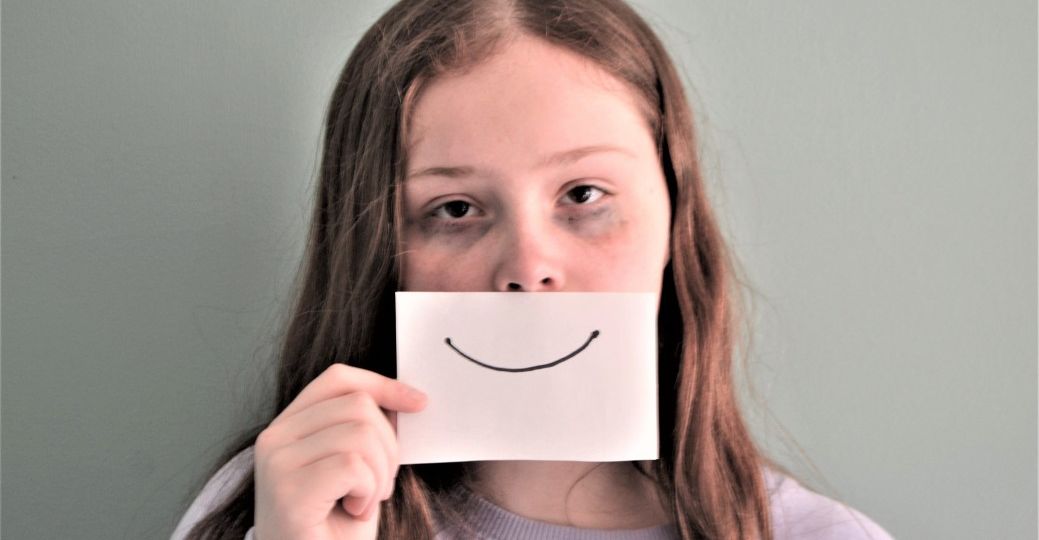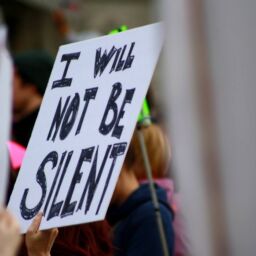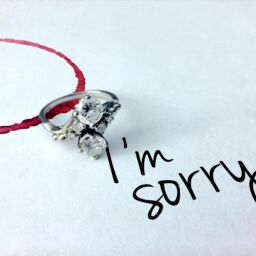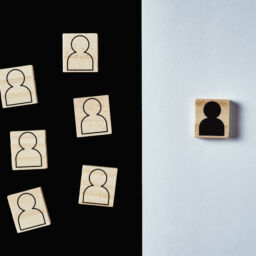
When I started writing this piece, my first thought was, “How is bullying not a type of abuse?” Both involve a person who considers themselves stronger picking on a person they consider weaker. However, after coming across the following definition of the two words, it is easy to see the difference:
“Bullying: Bullying refers to the act of intimidating a weaker person.
Abuse: Abuse refers to all forms of ill-treatment of an individual or entity.” (Difference Between).
Although a victim of abuse may be made to feel small or weak through the endured abuse, unlike bullying, abuse does not occur because the victim is weak, and often, the opposite is true. In many cases, the abuser sets their sights on someone stronger to try to tear them down and bring them to their level.
For example, with relationship abuse, the abuser’s goal is to make them feel trapped so they can’t leave (separating them from their friends and family, cutting off their supply of money, and sending them spiraling in the ups and downs of the abuse cycle). But a bully’s goal is to intimidate the other person — their goal is not to become the most important person in the victim’s life but to make them cry. Based on this, I’d say the real difference between the two is manipulation: abuse often lulls someone into a false sense of security, but with bullying, it’s obvious what the perpetrator’s feelings are towards you.
So, this brings me to another question: can bullying be abuse?
Yes. I do think if manipulation is present, bullying can be considered abuse. An example is frenemy relationships. These “friendships” are highly toxic and follow a cycle of abuse formula, which is why the line is right in the middle of friend and enemy. They are also based on manipulation — you don’t know if the person actually likes you or not. As a kid, you may feel upset if your friend constantly brings you down, but you may not realize this is toxic behavior.
Although frenemy-type relationships are much less common after your teen years, I think they’re a cautionary tale for red flags you may experience later in life by a friend or romantic partner.
As you get older and mature (or can’t take any more), you’re likely to cut off toxic friends. Yet, so many adults stay in unhealthy relationships that often look very similar to the toxic friendships they used to have. Why? Is it the fear of being judged for not being in a relationship? (Relatable). Is it the fear of being rude by not sticking with someone? Is it expecting less of a partner than you do a friend? Honestly, this is understandable because most of us have many friends but only one romantic partner at a time. So leaving a relationship even when red flags are present may seem daunting because most people do not have an immediate fallback.
There is also always the possibility the next relationship could be worse or the fear that you’re just overthinking or overreacting. But honestly, why cut your partner more slack than you do friends? The root word of boyfriend or girlfriend is friend — it’s a friend with whom you’re romantically interested in and go on dates. If someone is not treating you the way you’d expect your best friends to, don’t stay with them. Being single is so much better than being with someone that blatantly disrespects and mistreats you, and yes, there are always other options. You just may not have met them yet.
To sum up, although there are differences between bullying and abuse, they can often look very similar in practice, and neither should ever be tolerated, whether it’s your friends, romantic partners, coworkers, boss, or anyone else.
Abuse Refuge Org’s mission is to build a worldwide community focused on breaking the cycle of abuse through education and support. Learn more at GoARO.org, and please consider donating to help support our cause.
Sources:
Difference Between Bullying and Abuse | Compare the Difference Between Similar Terms
Diff_Sim_Ab_Bul_Har_06.qxd (hockeycalgary.ca)
















